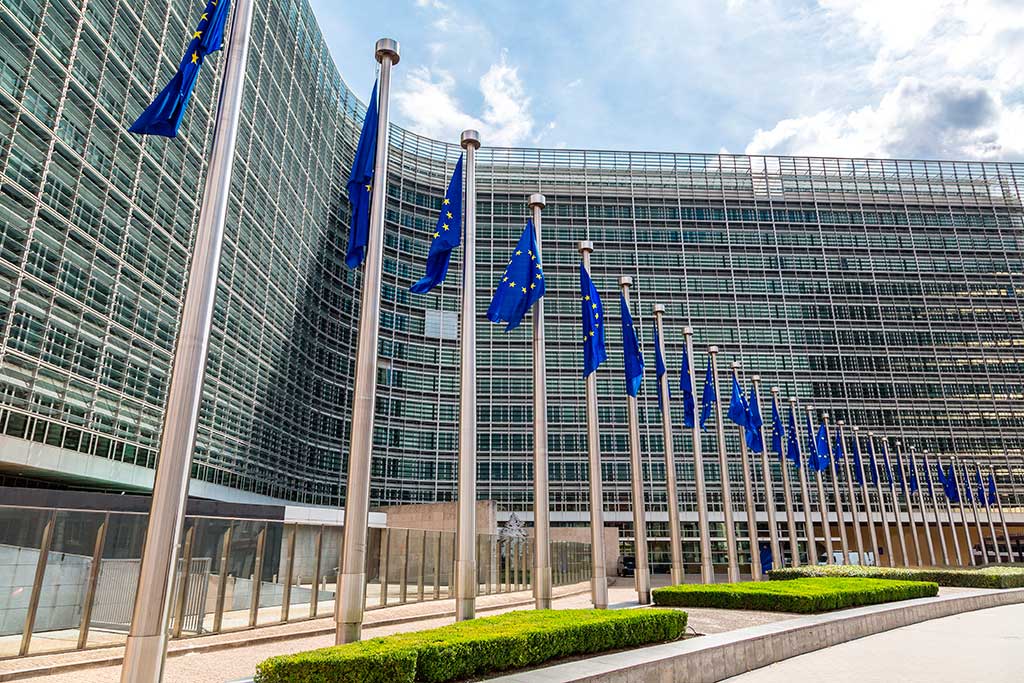In the past eight months, the European Commission has delayed a proposal for a Directive to hold multinationals accountable for human rights abuses in their supply chains has been repeatedly delayed.
This has happened with complete opacity and without explanation. The Commission, which was due to present its ‘due diligence’ proposal in June 2021, is expected to only unveil it on 23 February 2022, potentially losing its ambition along the way.
The European Parliament had made the Commission’s work easier with the adoption, in March 2021, of its ‘turnkey’ version of the Directive aimed at tackling the social and environmental damage of multinationals. But since then, another European actor, powerful though illegitimate, has acted as a self-appointed co-legislator to bulldoze the proposal: the corporate lobbies.
The stakes for multinationals are huge. Many of them derive insane amounts of profits from the criminal exploitation of workers and the environment through their subsidiaries, subcontractors and suppliers, often outside of Europe. Human rights violations are the intolerable by-product of the economic model of some industrial sectors, particularly textiles, mining and petrol. Profits flow up supply chains to corporate headquarters and shareholders, but not accountability for the crimes committed. Throughout the world, millions of victims of multinationals are thus deprived of justice.
Lobbies working behind the scene
We want to hold corporations legally responsible for these crimes. French multinational Total must be held accountable for the environmental disaster and land expropriations from tens of thousands of people caused by its oil project in Uganda. Nike, Uniqlo, H&M and other textile conglomerates must answer for their use of forced labour from thousands of Uyghurs locked up in camps in China. That’s why we need an ambitious European due diligence legislation.
But lobbies worked behind the scenes to sabotage our proposal. DigitalEurope (counting Apple, Amazon, Bayer, Samsung among its members), EuropeanIssuers (Total, BNP, Unilever), AFEP (representing large French companies), MEDEF and of course BusinessEurope (the European employers' federation with more than 4 million euros of annual lobby budget) did everything to nip the proposal in the bud.
And the influence big businesses have exerted on the Commission seems to have paid off. A play in multiple acts staged by lobbies and which, beyond the question of due diligence, questions the very functioning of the European institutions.
In May 2021, under pressure from business groups, the Commission entrusted French Commissioner Thierry Breton, a former CEO of the multinational ATOS renowned for his pro-business positions, with a co-leading role on this file. At the same time, lobbyists harassed and got the Commission's obscure Regulatory Scrutiny Board to reject the proposal’s impact assessment with vague and pro-business arguments.
Lobby meetings with teams of Commissioners and letters to the Regulatory Scrutiny Committee then intensified. At the end of 2021, the Committee issued a second unfavourable opinion which the Confederation of Danish Industry warmly welcomed with an apt statement from its President: "It is really good to see that the hard efforts that we and others have made in informing [the Committee] and influencing it seems to be bearing fruit”. Lobbies openly admitted to the sabotage of a legislative process, and still, it worked.
A third co-legislator lowers ambition
Alongside the European Parliament and the Council, the lobbies seem to have positioned themselves as the third co-legislator. A parallel European institution, with more than 35 000 employees, whose source of power is not the democratic vote but the fortune and the networks of influence of multinationals. A quasi-authority, capable of delaying a legislative act, of influencing the Commissioner in charge and, ultimately, of modifying its content.
As a result, it seems that the Commission has largely lowered its ambition. The number of companies covered by the Directive is expected to decrease considerably. Worse, the Commission is reportedly considering giving in to a historic demand from lobbyists: to base 'due diligence' on companies' use of 'generic contractual clauses' that simply ask from their suppliers respect for human rights and the environment.
In practice, this would limit the liability of companies to their direct subcontractors, and therefore to cover only the first tier of the supply chain. However, more often than not, human rights violations take place several tiers down the supply chain. This approach will allow for giants like Total and Amazon to get off the hook by inserting a ‘clean’ supplier at the top of their supply chain. And who sincerely trust companies that profit massively from the human rights violations of their suppliers to enforce contractual clauses against them? Contractual clauses should be more than an accessory measure and complement strong public enforcement mechanisms.
Rather than creating a new legal obligation, the upcoming proposal risks leaving millions of victims without recourse. The Commission must respect the proposals of elected MEPs rather than giving in to pressure from lobbies. It must listen to the more than 80 per cent of European citizens who demand strict laws against the impunity of multinationals instead of adopting the arguments of BusinessEurope. The French Presidency of the Council of the European Union must finally break its silence and speak out for a European ‘due diligence’ that is commensurate with the social and environmental challenges at hand so that multinationals can no longer operate above the law.


